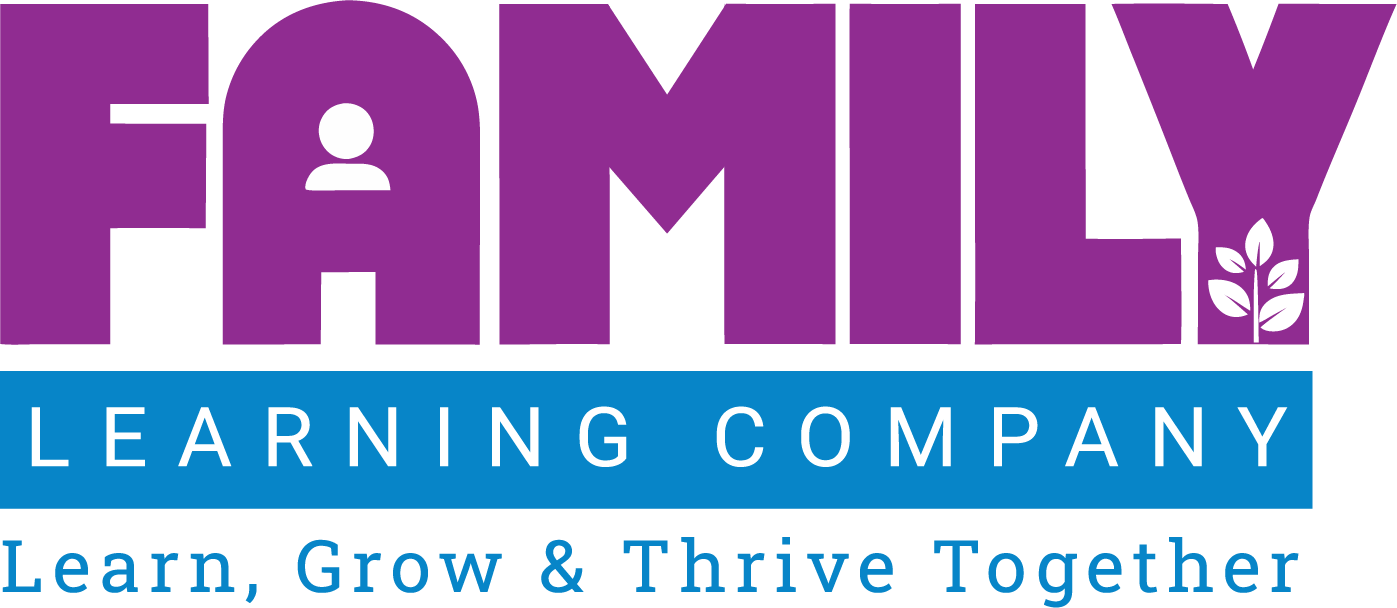The Family Learning Company POV

Our Point of View highlights the pervasive issue of illiteracy impacting workforce readiness and productivity, costing billions annually. Existing programs fail to adequately address the problem, leaving millions functionally illiterate. The Family Learning Company proposes a solution by engaging families in interactive literacy activities. Their approach involves adults learning alongside children, fostering motivation and progress tracking. A more literate population leads to improved workforce skills, increased job opportunities, and economic growth. This vision foresees a world where literacy fosters dignity, confidence, family connections, and leisure pursuits. Family learning emerges as the pivotal tool to unlock a brighter, more productive, and harmonious future.
In the United States, and around the world, we have a workforce readiness problem created by illiteracy. According to Failure to Launch from The Center for Education and the Workforce at Georgetown University (https://cew.georgetown.edu/cew-reports/failure-to-launch/), almost two thirds of jobs in the U.S. will require at least some college studies by 2020, yet according to the Organization for Economic Cooperation and Development, only one half of Americans can read above an eighth grade level, and only 15% can read college level material. Given that the American workforce is 160 million strong, the lack of literacy is limiting the workforce success of 53 million people, consigning another 53 million to low paying dead-end jobs and leaving uncounted millions outside the workforce completely.
In terms of lost productivity, the Georgetown University study estimates that the portion of the population that can't read costs the nation a staggering $225 billion each year (National Council for Adult Learning). When patients lack basic reading skills, it costs the health care system an additional $100 billion annually. Illiteracy drives crime and its associated costs: about 70% of inmates score at the lowest level for reading. Companies can’t find Americans with the literacy qualifications they need, driving them to hire immigrants, to de-skill jobs and reduce salaries, and to send jobs overseas. Yet overseas, 774 million adults aged 15 or older are completely illiterate, and at least that many are functionally illiterate, reading below the 6th grade level. That’s over 1.5 billion adults who can’t participate in the modern global economy.
Existing approaches and programs are simply not adequate to solve the problem. Every year, almost 20% of U.S. high school grads haven't developed even the most basic reading proficiency by the time they don their caps and gowns. Only 34% can actually read proficiently at grade level by graduation, leaving another 2.4 million functionally illiterate adults joining the workforce, the prison system and the Welfare rolls. The 50 states and the federal government provide only 2 million Adult Basic Education (ABE) slots per year: less than 2% of what’s needed. And, the average ABE student stays in their program for only 4 ½ weeks due to family and job responsibilities, health issues and emotional blocks to learning to read.
If our government can’t do it, how can we solve our global illiteracy problem? The strongest overall motivator for most adults is to create a better life for their children and for others in their families. By leveraging that motivation, and combining it with fun, proven literacy learning activities and low cost access, The Family Learning Company can change literacy outcomes for both adults and their children. Family Learning Company products connect adults and their children, grandchildren, nieces and nephews on a shared learning journey. Proficient children can help the adults in their families learn to read and write by using the software with them. Adults can compare their progress with their children, compete and motivate each other to keep at it, just like they do with video games, but developing much more valuable skills. And, educators can track the progress of both adults and children to better help them learn.
In our vision, parents who are more literate will help their children become more literate, and visa-versa. ABE programs will experience deeper student engagement, retention and learning, justifying greater funding and supplying the labor force with higher productivity workers. With an effective approach to eliminating adult illiteracy, workforce development programs will offer literacy skill development as a central component of their job preparation programs. Corporations around the world gain an incentive to offer literacy skill development as a component of job training. They will be able to offer higher salaries to low position employees who can increase their productivity through literacy. And, the global economy will be more productive when more employees are more literate, offering greater growth, higher salaries and/or increased leisure time to citizens of the U.S. and other countries.
What will it feel like to individuals living in that more literate world? Twice as many people will approach their day with a feeling of dignity, of accomplishment and of confidence when they head off to work. Twice as many people will have deep loving connections with their children and other family members, forged over shared reading, deepened by shared writing, and strengthened by shared time together. These happier, more productive people will have more leisure time to develop their spirituality, to play or sing music together, to participate in civic governance and improvement, to exercise together and to develop their other interests. Literacy is the doorway to a more loving, productive and pleasant world. Family learning is the key to that future.
